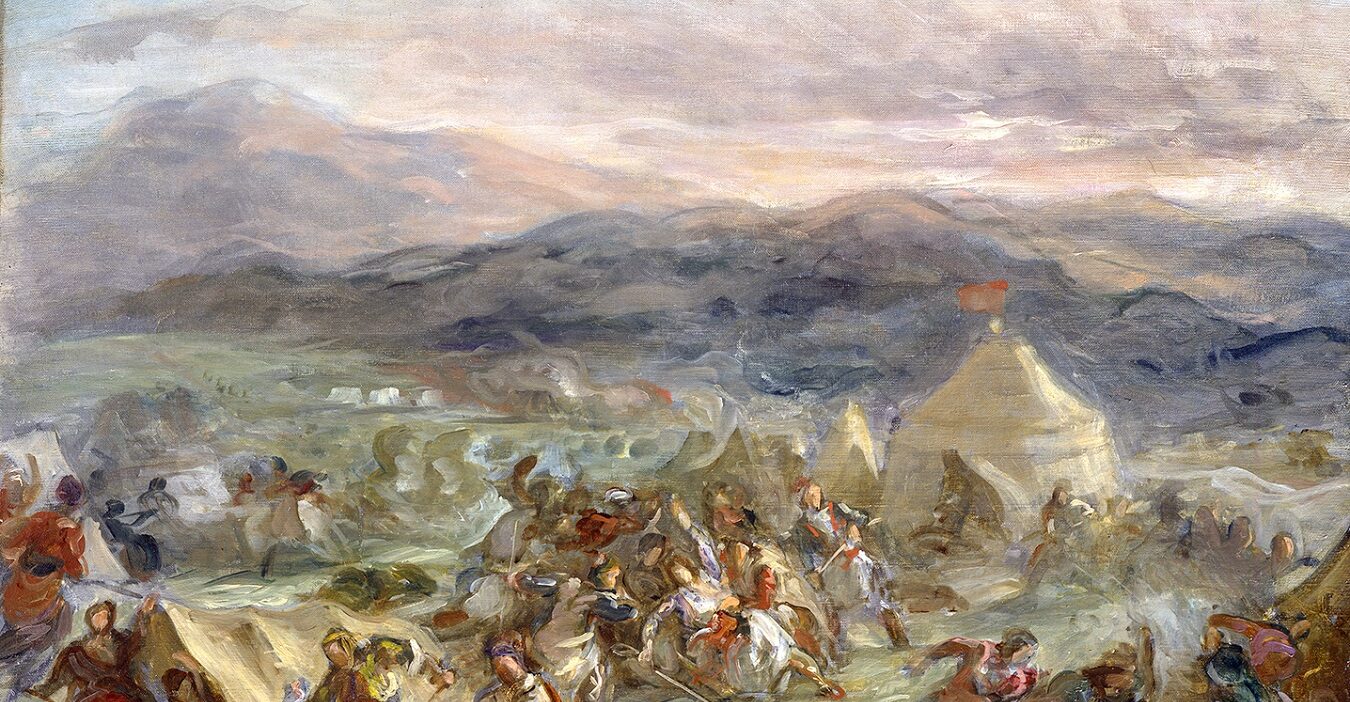
Philhellenism in Europe and especially in France was reinforced by symbols of antiquity through the classical education of Europeans, particularly during the first decades of the 19th century
The exhibition entitled “Leonidas, Napoleon, Βotsaris: The language of symbols“, organized by the Teloglion Foundation of Arts AUTh. for the celebration of the bicentennial of the Greek Revolution, has been placed under the auspices of the President of the Hellenic Republic Katerina Sakellaropoulou and of the President of the French Republic Emmanuel Macron. It is also included in the 56th Dimitria Festival and is supported by the Ministry of Culture and Sports, the Greek Parliament, the Municipality of Thessaloniki, the Region of Central Macedonia and other bodies and individuals.
This exhibition is the result of the collaboration of many museums from France, Italy, the USA and Greece: the Louvre Museum, the Musée de l ‘Armée, the Fondation Dosne-Thiers in Paris, the Museum of Art in Toledo, Ohio, the Museo Civico Sartorio in Trieste, the National Historical Museum of Athens, the Gennadius Library, the Benaki Museum, the Central Library of AUTh. (Ioannis Trikoglou Collection), important collectors in Greece and abroad, as well as the École Française d ’Athènes and the French Institute of Thessaloniki.
The subject of the exhibition is the role of symbols in politics and art, the influence of antiquity on the image of the Greek revolution and the philhellenic movement: the figures of Napoleon and Botsaris cross paths with those of Leonidas and Alexander the Great.
The paintings of Delacroix, David, Lipparini, the issue of Botsaris’s death, as well as two unknown manuscripts about an expedition to Epirus planned by Napoleon, which never took place, or about Ali Pasha, are some of the most important works and items that will be exhibited in Teloglion, highlighting unknown aspects of Greek-French history.
Philhellenism in Europe and especially in France was reinforced by symbols of antiquity through the classical education of Europeans, particularly during the first decades of the 19th century. The exhibition explores -through this common element offered by the references to antiquity- the historical paths of the protagonists of the Revolution, its relationship with Europe, as well as different symbolisms depending on the impact of the Greek question in public opinion.
Spurred by the symbols, many other stories unfold. Within the context of the exhibition, they will emerge through special tours, lectures, educational programs and games, and will be brought to life in a more familiar way our known or unknown history.
General responsibility: Alexandra Goulaki-Voutyra, General Director of the Teloglion Foundation of Arts AUTh, AUTh, Emeritus Professor of the School of Fine Arts, AUTh.
Exhibition design: Pavlos Thanopoulos, Set Designer.
Exhibition duration: October 1, 2021 – January 16, 2022
Opening hours: Tuesday 9.00-14.00, Wednesday 9.00-14.00-17.00-21.00, Thursday-Friday 9.00-14.00, Saturday & Sunday 10.00-18.00, Monday closed. Reservations by phone are necessary (2310-247111)
The English and the Greek-French luxury editions of the catalogue of the exhibition are available in the store inside the Foundation (2310-247111) but also in Mikro Teloglion (2310-224785, Kar. Deal 32).
Follow the link to the TV and radio spot of the exhibition https://we.tl/t-h4ZoejptZu

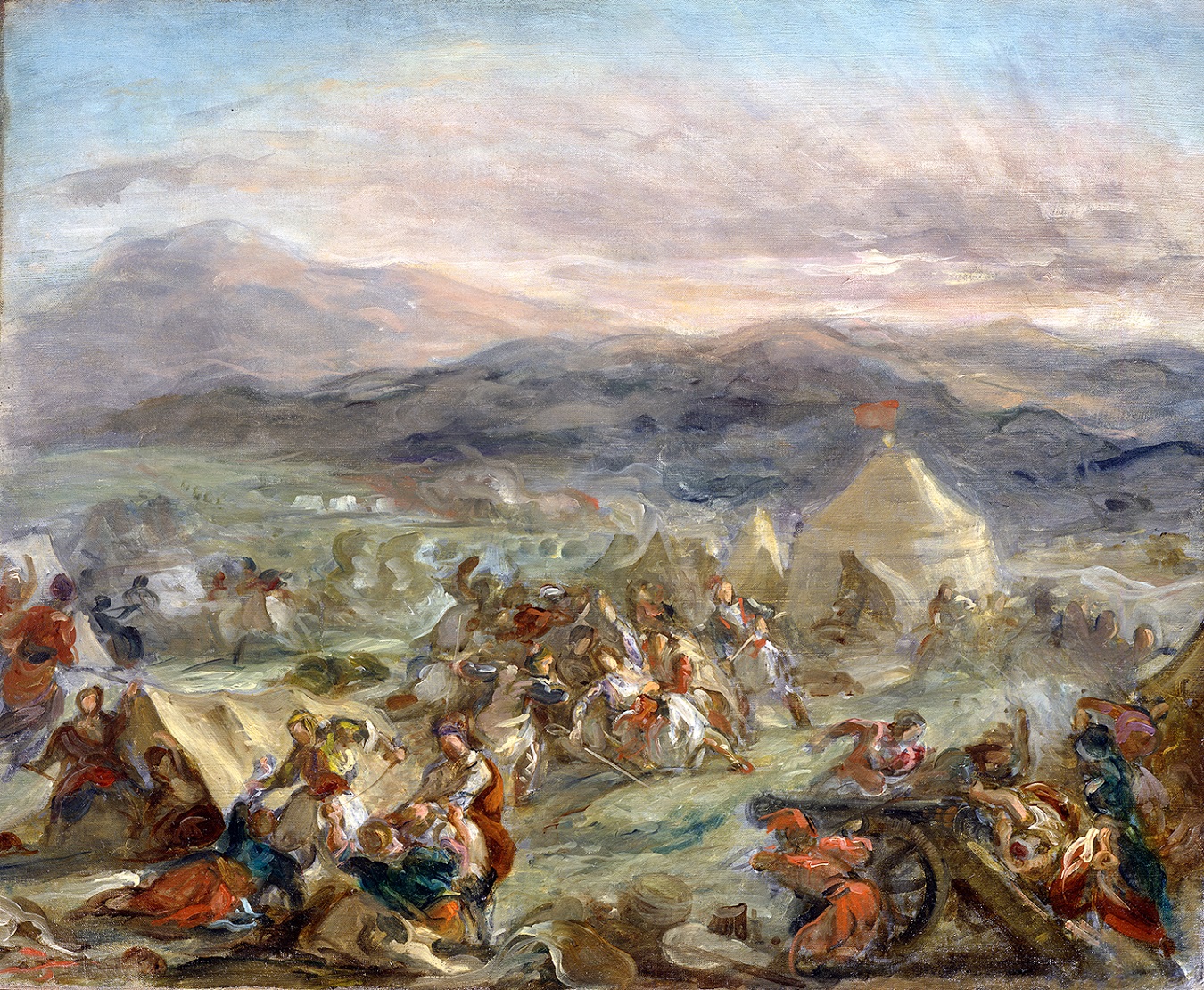
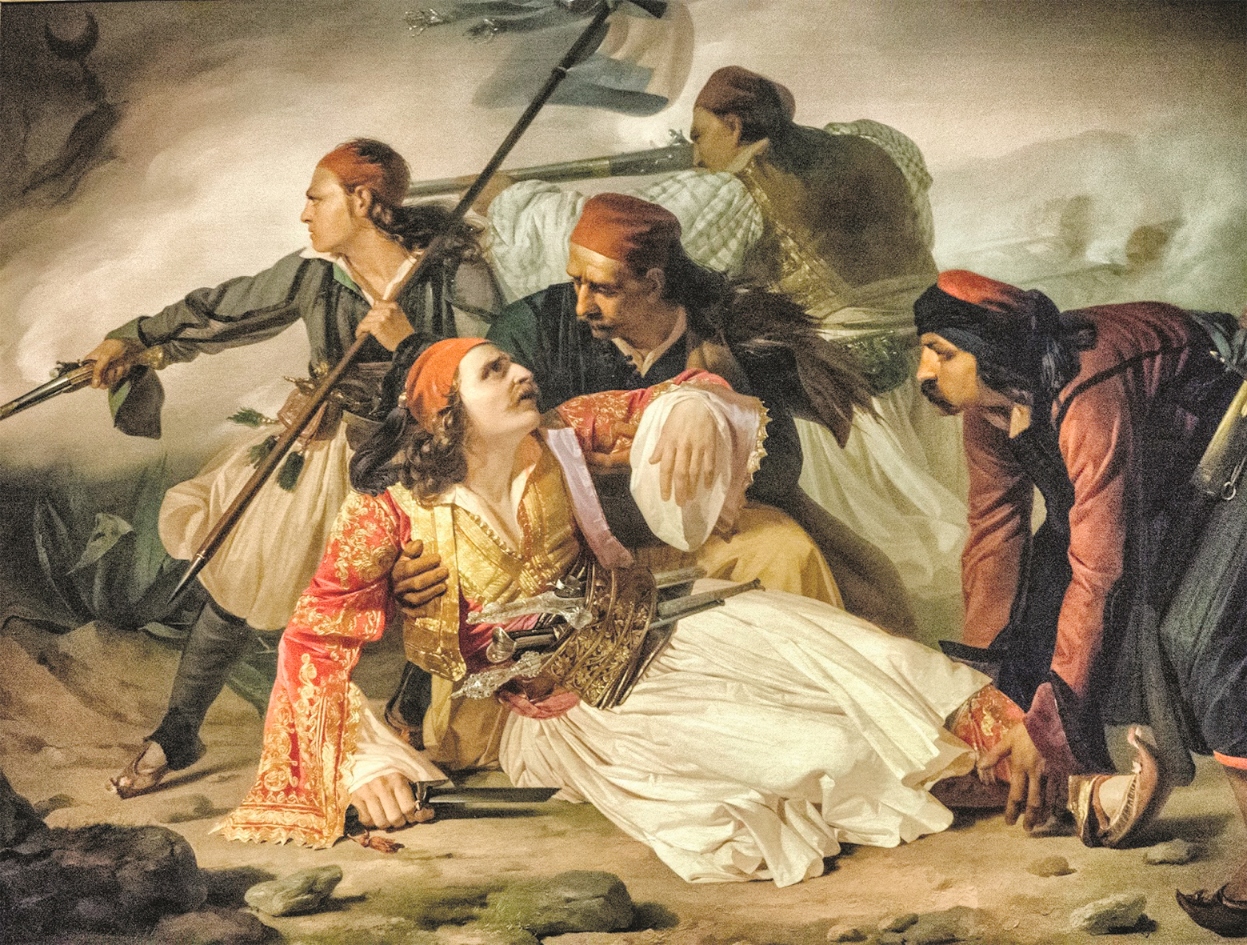
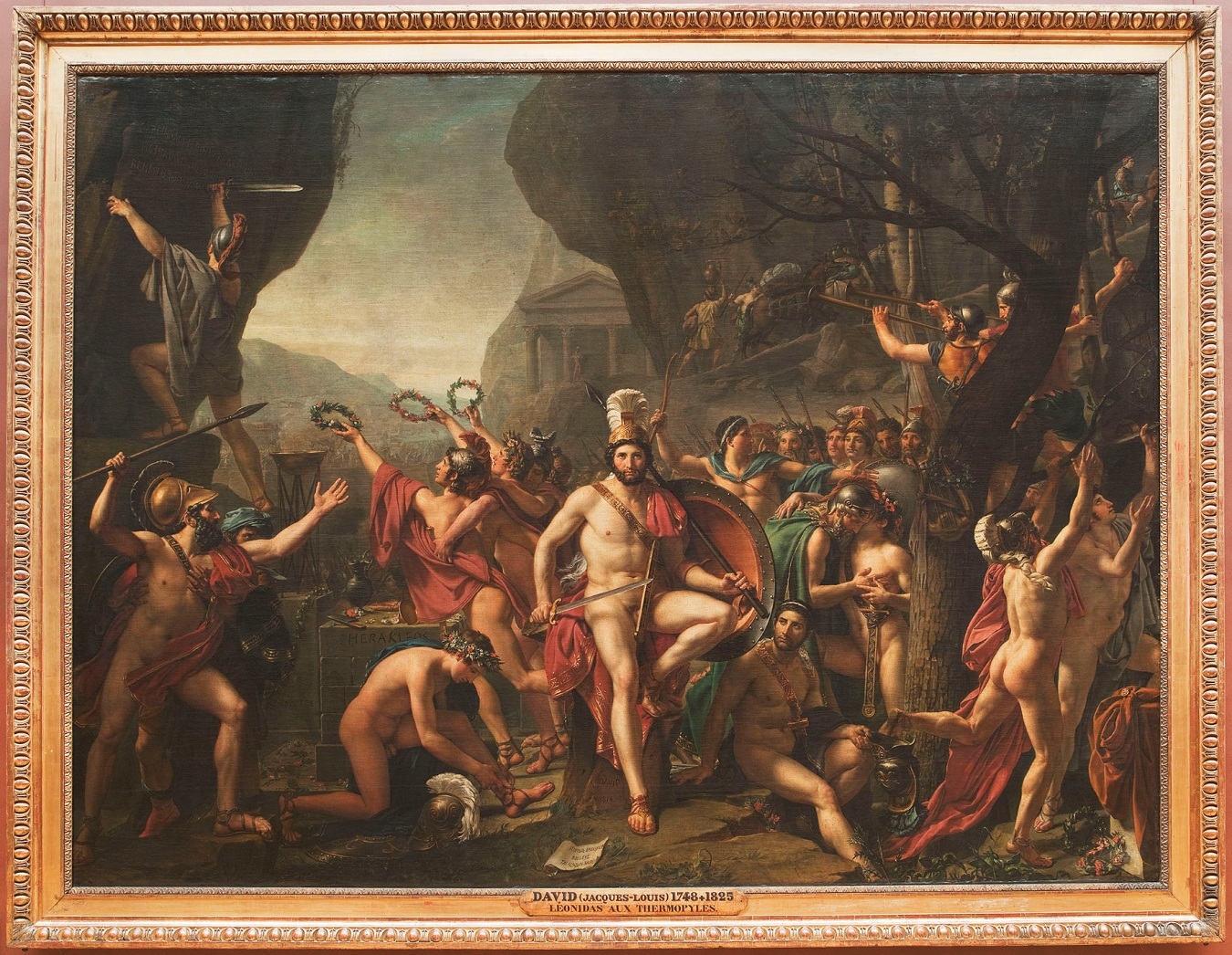
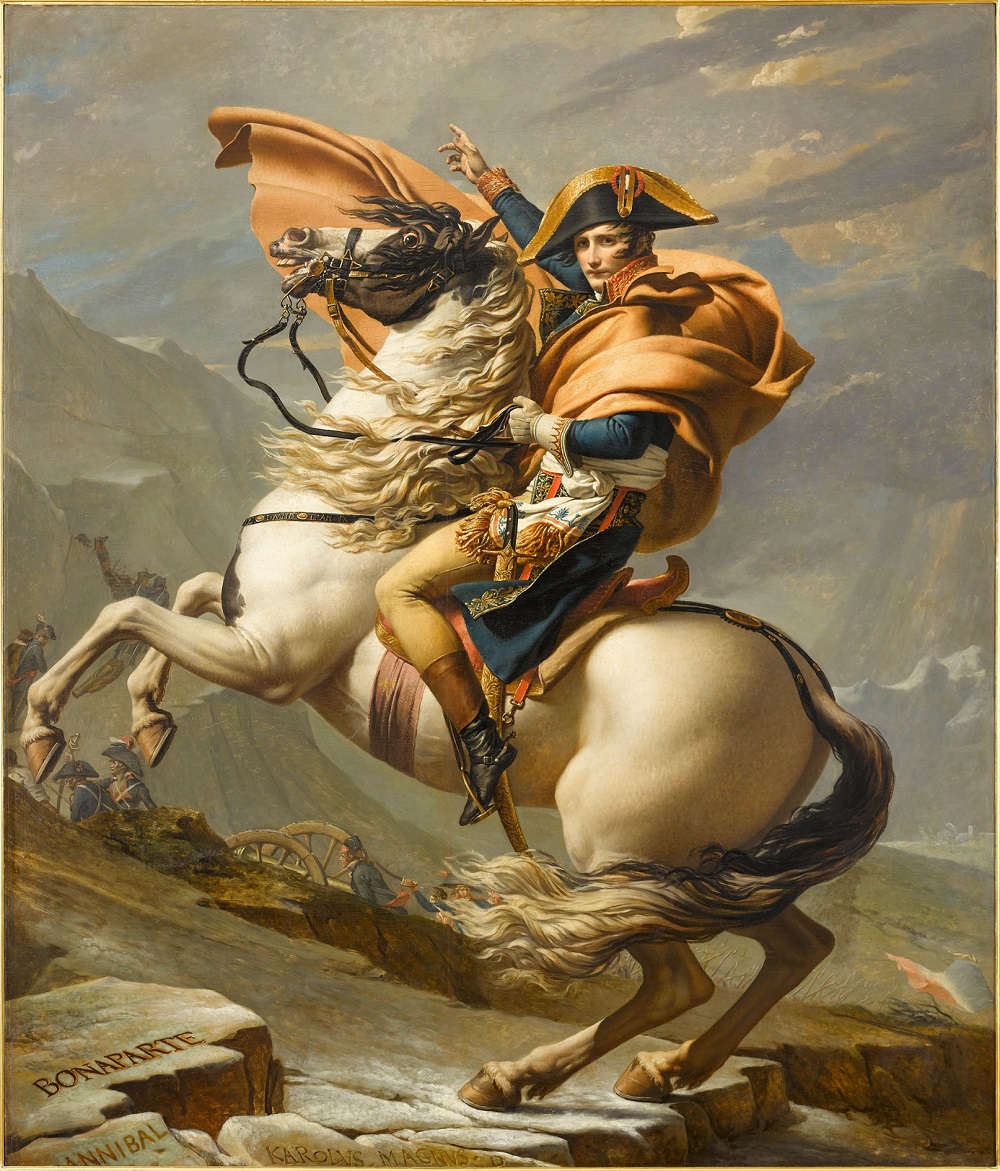
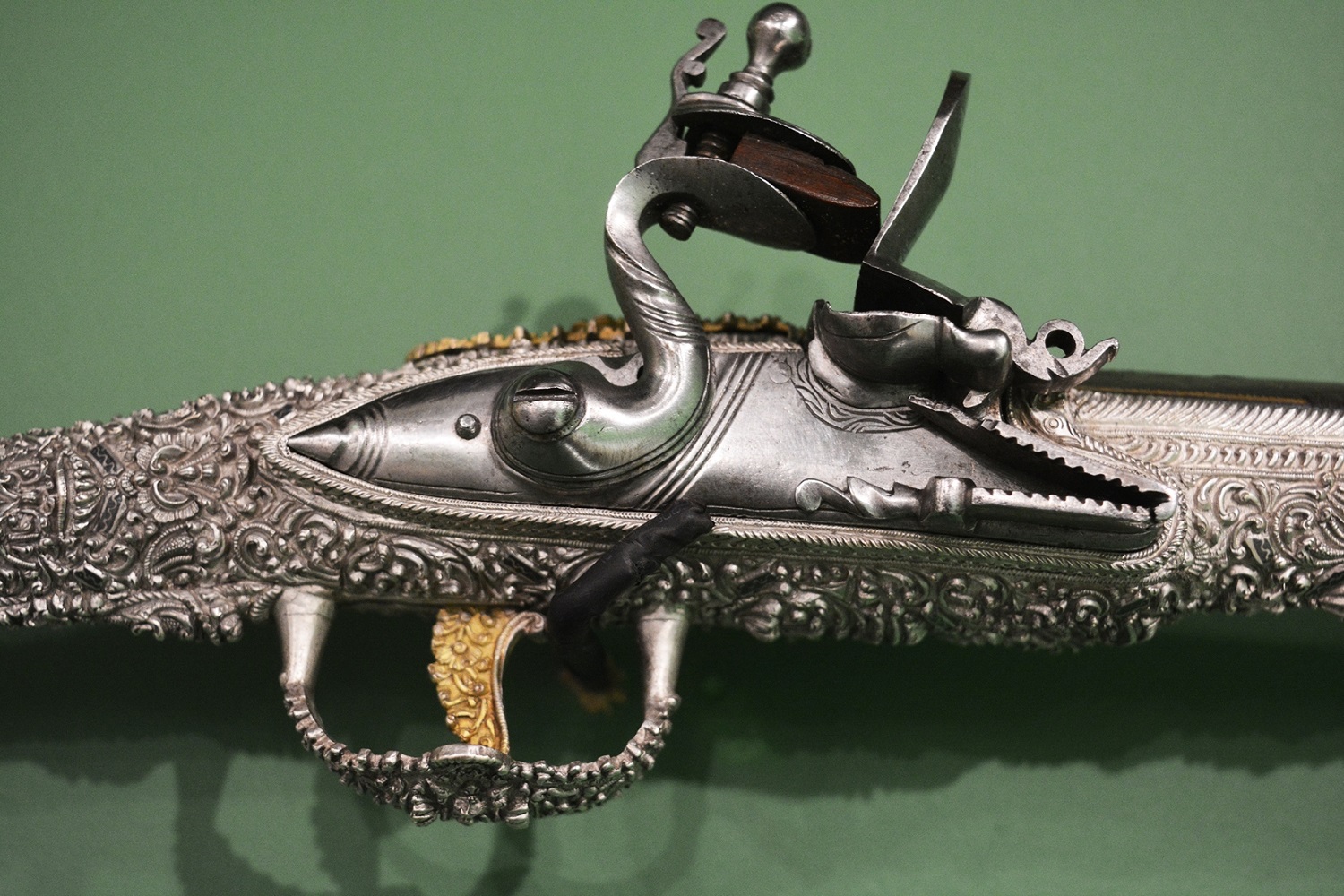
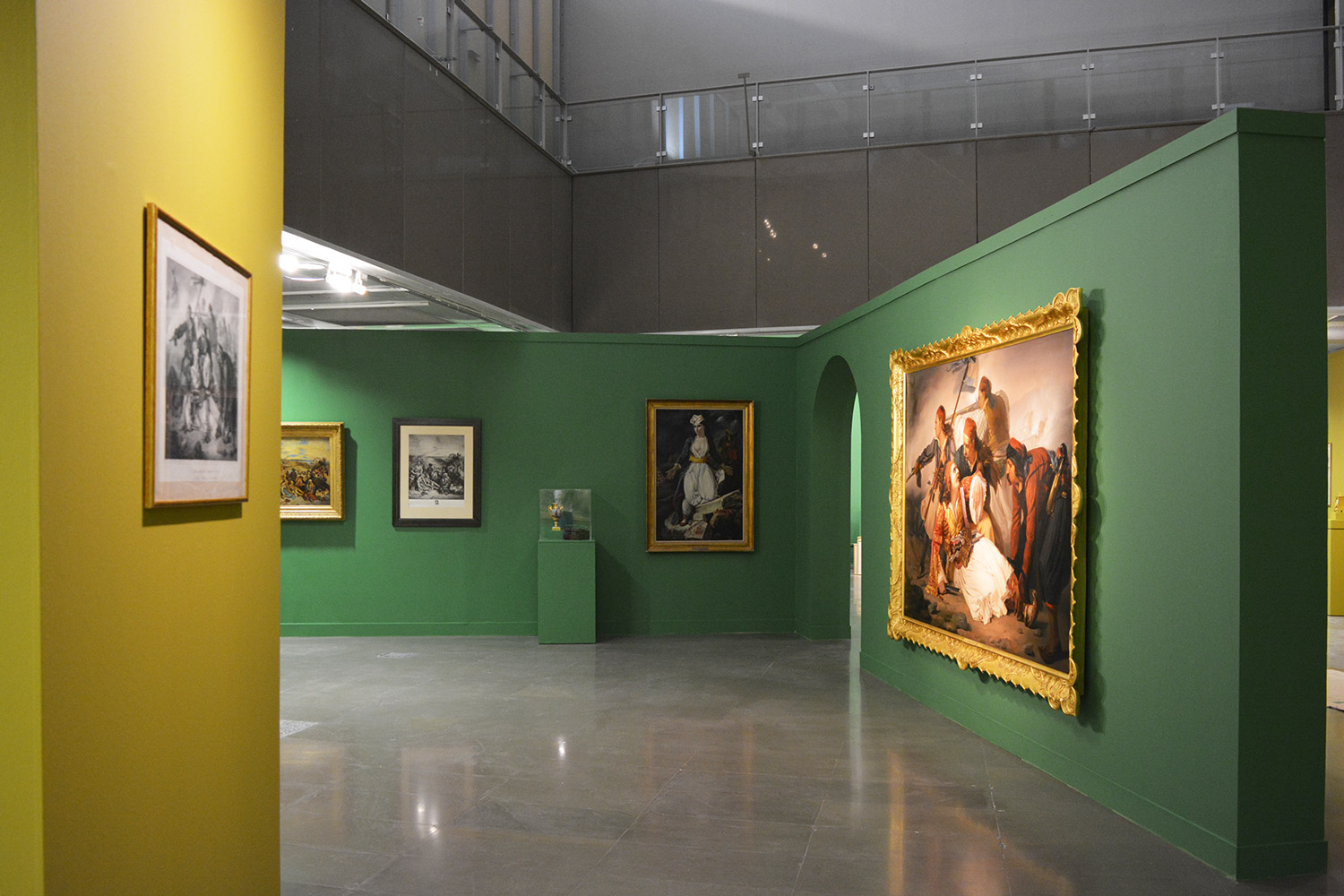
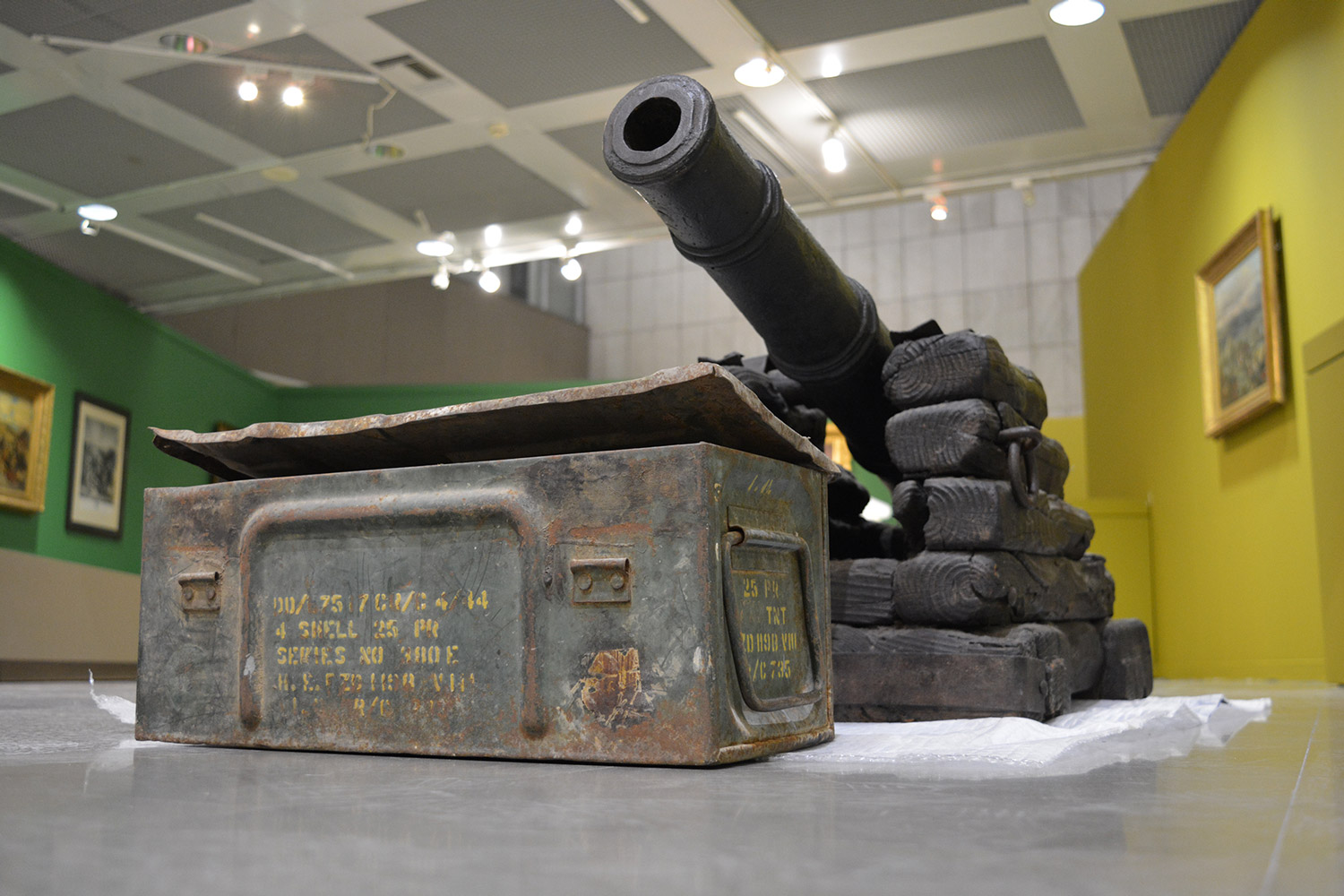

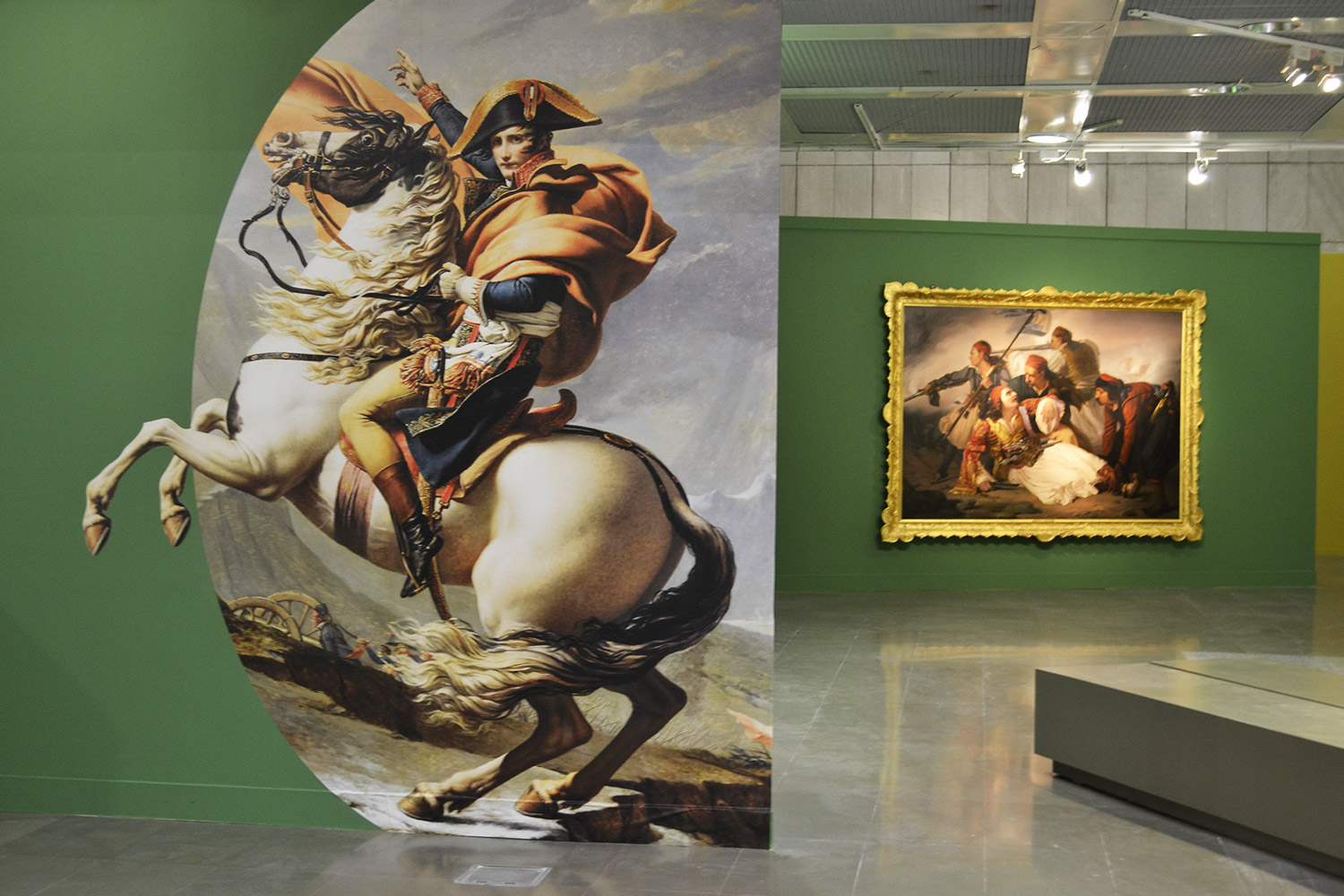
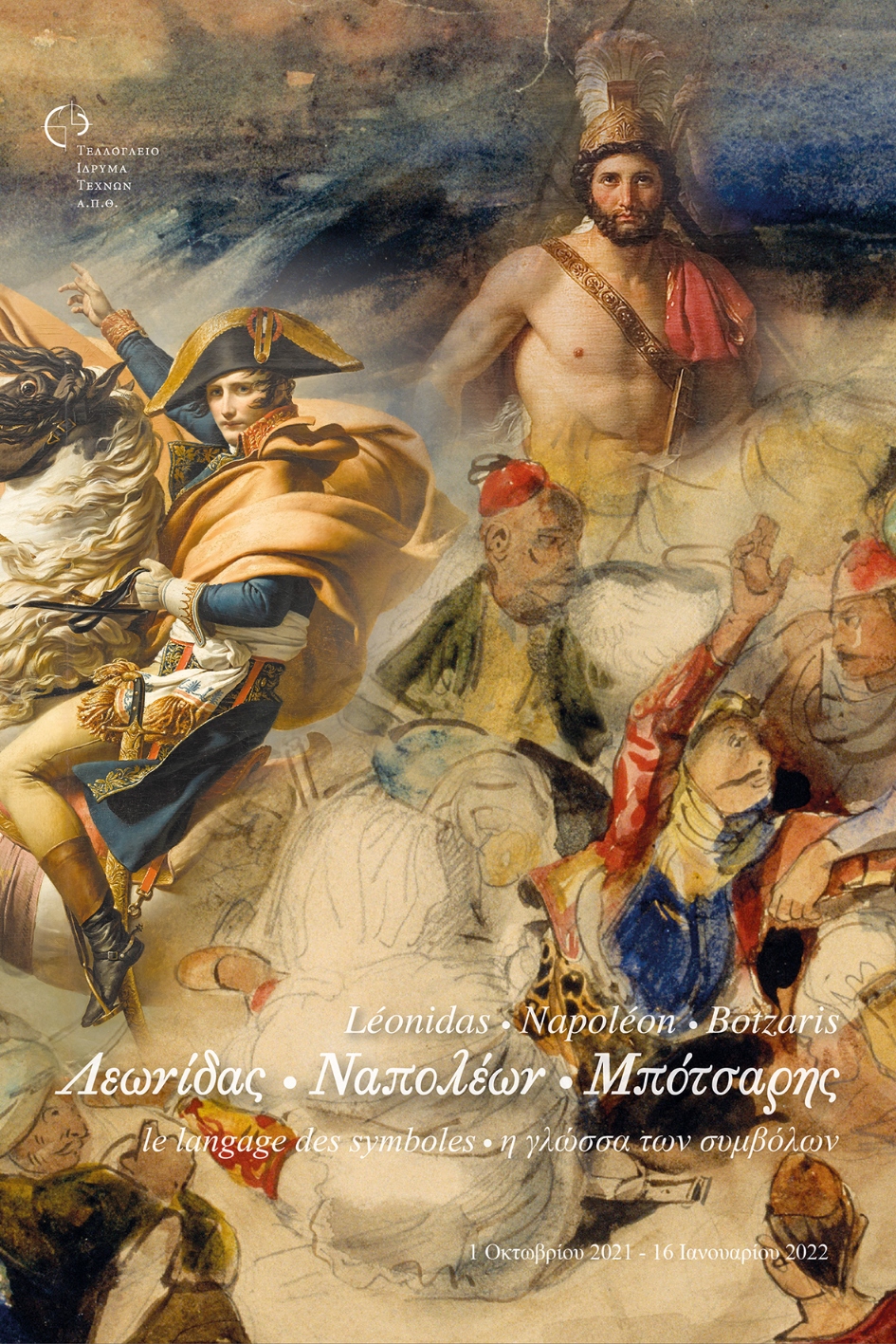
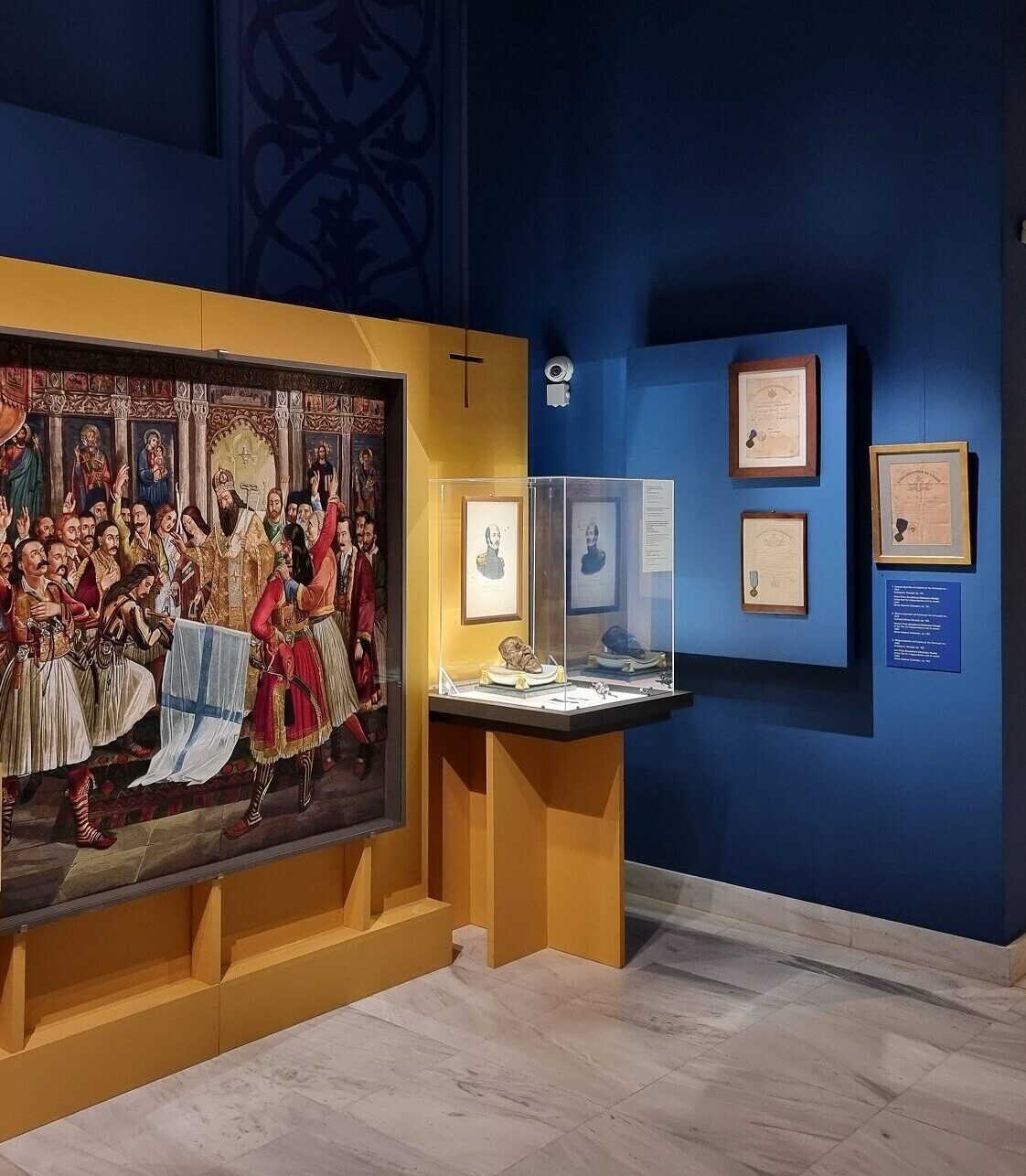
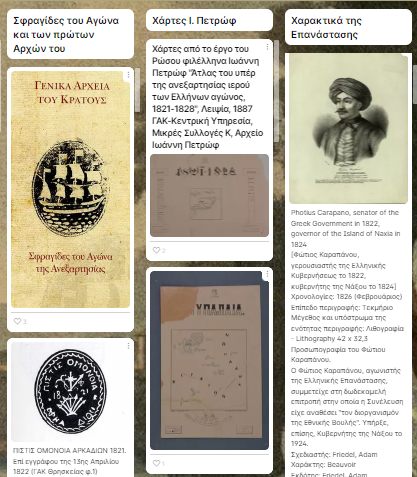
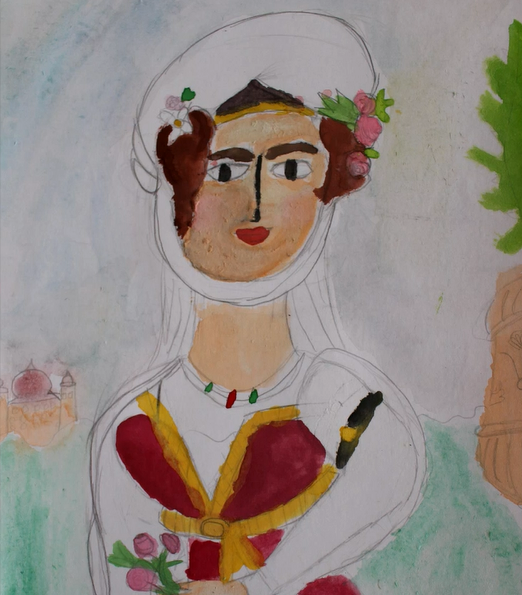
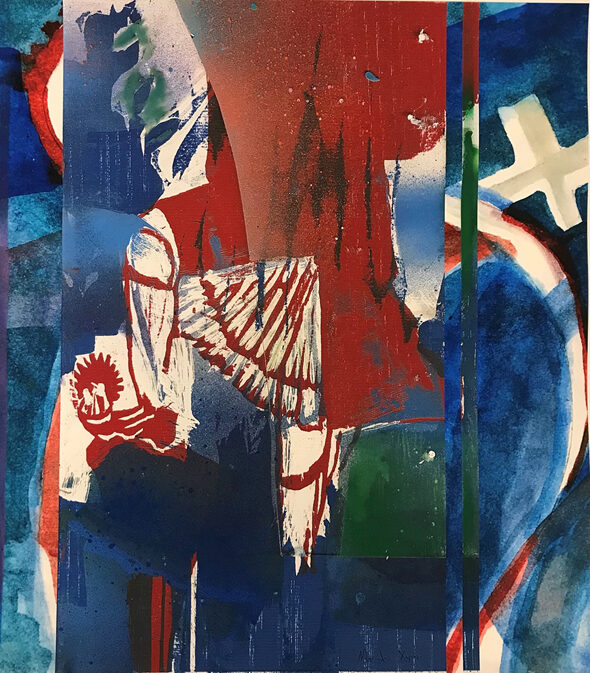


Leave A Comment